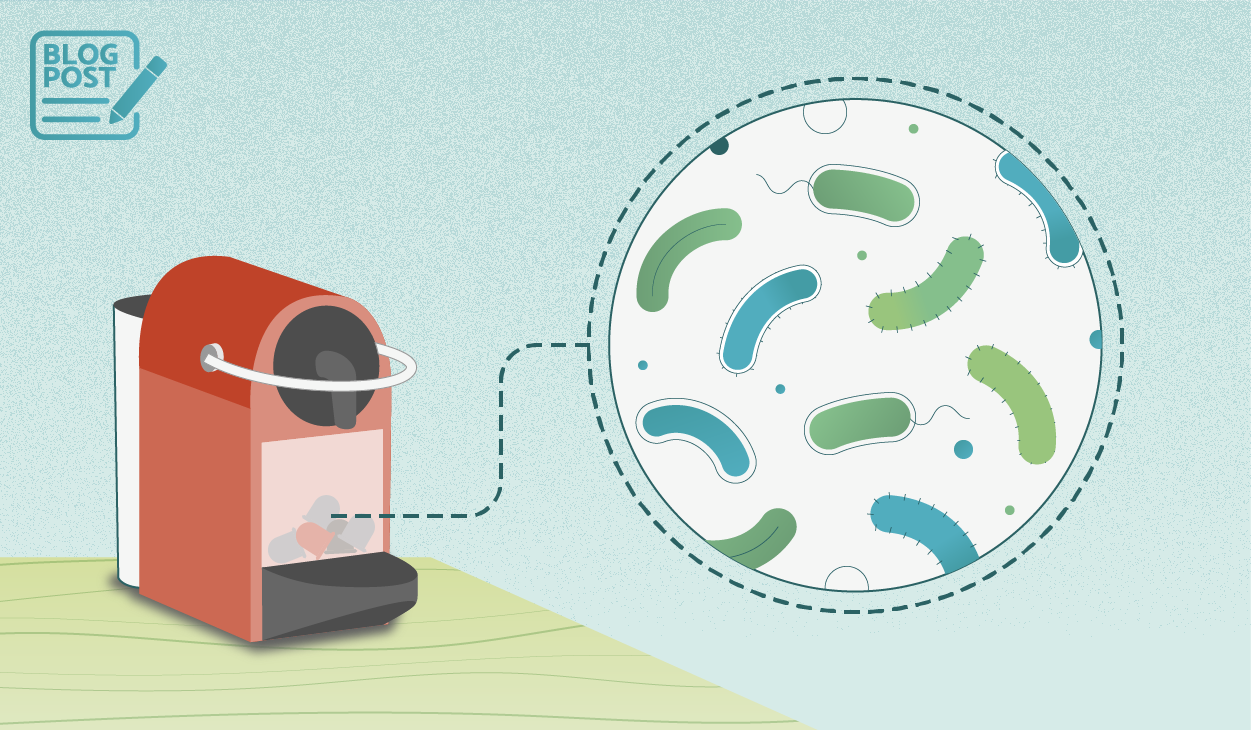Whether you’re looking to ferment some cheese, make cosmetics or create a new type of medicine… chances are, microbes can lend a hand! For centuries, humans have unwittingly harnessed microorganisms for their ability to create valuable compounds or facilitate useful chemical processes. As laboratory science has progressed, this has become a scientific discipline in its own right.
At Micro4Biogas, we’re on a mission that requires microbes. It turns out that microorganisms can produce renewable, storable energy (biogas) inside oxygen-free tanks, called anaerobic digesters. Just not very efficiently. Despite different efforts, scientists haven’t been able to identify yet which microbes are the key players in this process, which would allow to boost the industrial production of biogas. How can we find the most efficient microorganisms for making this sustainable fuel?

Finding answers in nature
Our partners from Darwin Bioprospecting Excellence will be in charge of this task, as they have plenty of experience in the search of new microorganisms and microbial metabolites that can be used for a range of industrial applications, such as probiotics, strains for bioremediation, starter cultures, and many more. “We only know 1% of the biodiversity of microorganisms that exist. Therefore, there are a lot of potential benefits for human health and new applications for the agricultural and environmental industry,” says Cristina Vilanova, chief scientific officer at Darwin. Vilanova’s team works on the isolation, identification and production of microorganisms associated with any type of habitat, using techniques for their growth in the lab and to analyze their genome.
Microorganisms have had thousands of years to adapt to very specific conditions. For instance, at geysers where the water reaches very high temperatures, you can find bacteria that can withstand the extreme environment. “If we’re looking for an industrial application in which it is necessary to work at high temperature, those microorganisms are already adapted to do that. We already have the perfect tools directly from nature,” says Vilanova.
Curiously, we don’t need to go to the strangest places on Earth to find microorganisms. Darwin also looks for them in artificial environments, such as solar panels, where they are exposed to continuous solar radiation but still manage to find coping mechanisms. Another example that we can find in many homes is the tray where hot coffee drips from coffee machines, where Vilanova herself, along with other Darwin team members, has searched for microorganisms. “Very high temperatures are reached when the coffee falls and this tank also accumulates traces of caffeine, an alkaloid that is toxic to many microorganisms,” she explains.
A black-box microbial process
Darwin’s experience in bioprospecting will be key to identifying the microorganisms involved in the biogas production process at different types of production plants. In fact, microbes are already major players in the production of biofuel. However, the product’s yield is not economical, which makes it necessary to find the ones that excel at making biogas and increase their efficacy.
At Micro4Biogas, the Darwin team will analyse the genome of all the microorganisms that naturally live inside the anaerobic digesters where biogas is made. The samples will be studied by sequencing the 16S rRNA gene, a highly conserved gene present in every bacterial and archaeal species. After obtaining their microbial profiles and determining which microbes are commonly present in different biogas plants, the most interesting ones will be further characterized. Using techniques like metabolomics and transcriptomics, they will identify and quantify the products of these microorganisms. The aim of this analysis is to expand the genomic catalogue of biogas-associated microbes. This effort is especially interesting and will give insights into how microorganisms developed this process, which is nowadays considered a black-box.
Step by step, we’re beginning to understand how nature plays a key role in our lives and how it can even solve some of our everyday issues, like our desire for cheese or, more pressingly, our need for renewable energy! But we still need to find out the best ways to use it in our favour — and that’s where the science comes in.

